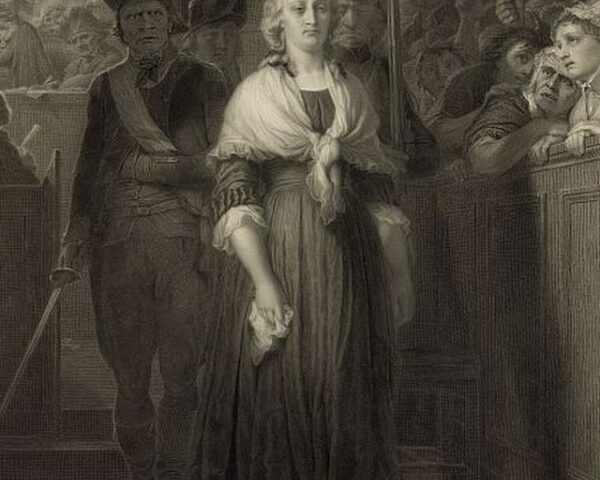On October 9, 1635, the leaders of Massachusetts Bay Colony had finally had enough of one rabble-rouser, Roger Williams, and threw him out of their colony. His crime? He believed that people should have the freedom to worship however they pleased and strongly supported the separation of church and state.
Born in 1603 in London, a period marked by the aftermath of England’s separation from the Catholic Church, Williams had experienced religious oppression firsthand. During his formative years, he witnessed severe consequences imposed on those accused of heresy, including floggings, imprisonment, and even execution by burning at the stake. By the time Williams completed his university education, he had fully embraced the idea of Separatism, advocating for the Puritans to sever ties with the Church of England.
The History Channel writes that his ideas at the time were “revolutionary in the 17th century.” Williams fervently “argued that government should not interfere in matters of faith, and vice versa. Moreover, he championed the rights of indigenous peoples, recognizing their ownership of the land and calling for just and respectful interactions with Native Americans—an unusual stance during that era of colonial expansion.”
These unconventional views put Williams at odds with the Puritan leaders of Massachusetts. Undeterred, Williams embarked on a perilous journey through the New England wilderness and founded Providence in 1636, a haven of religious freedom where individuals could worship as they saw fit, and where the government had no role in dictating religious beliefs.
Officially recognized in 1644, Rhode Island emerged as a beacon of religious tolerance and individual liberty. Williams’s vision of a society where all faiths were welcome and government interference in religious matters was absent laid the groundwork for the colony’s unique character. Rhode Island’s “lively experiment” in religious liberty became an inspiration for the framers of the United States Constitution and the First Amendment, which enshrines the principle of religious freedom that Williams had championed.
“Among those who found a haven in the religious and political refuge of the Rhode Island Colony were Anne Hutchinson—like Williams, she had been exiled from Massachusetts for religious reasons—some of the first Jews to settle in North America, and the Quakers. In Providence, Roger Williams also founded the first Baptist church in America and edited the first dictionary of Native American languages,” THC continues.
Roger Williams’s profound influence on the founding principles of Rhode Island and his enduring impact on the development of religious liberty in the United States make him a central figure in the nation’s history. His commitment to religious freedom and the separation of church and state continues to resonate today, reminding us of the importance of individual liberties and the enduring legacy of those who dared to challenge the status quo in pursuit of justice and freedom.






